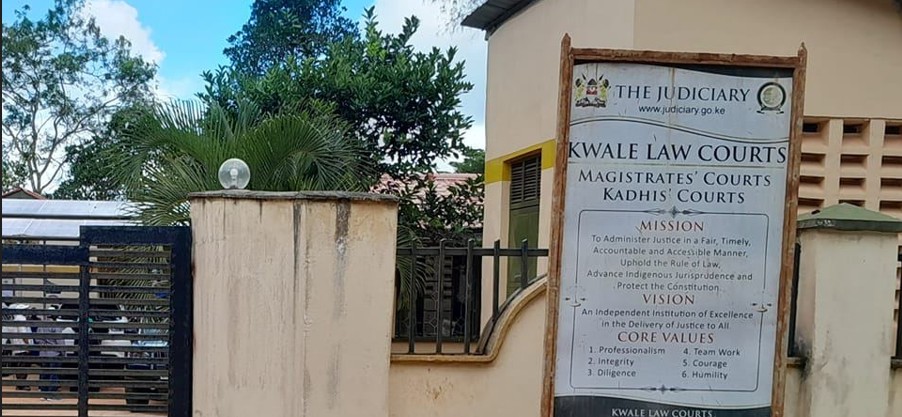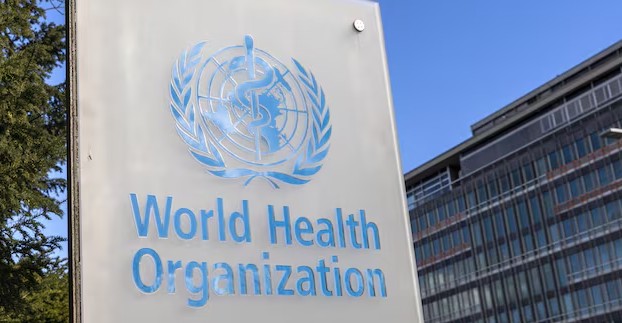Interpol cracks down on social media scams in Africa, makes 260 arrests

INTERPOL partnered with Group-IB and Trend Micro in sharing data and enabling swift enforcement actions among the participating countries.
An INTERPOL-led operation targeting criminal networks exploiting digital platforms, particularly social media, to manipulate victims and defraud them financially has nabbed 260 suspects and seized 1,235 electronic devices in 14 African nations, including Kenya.
A brief from the organisation said the operation dubbed 'Contender 3.0' was carried out between July 28 and August 1 in Uganda, Rwanda, Angola, Benin, Burkina Faso, Côte d'Ivoire, Gambia, Ghana, Guinea, Nigeria, Senegal, South Africa, and Zambia.
It focused on romance scams, where perpetrators build online relationships to extract money from victims, and sextortion, in which victims are blackmailed with explicit images or videos.
More To Read
- DCI boss Mohamed Amin elected INTERPOL delegate for Africa at General Assembly
- Is it safe to keep your laptop plugged in all the time?
- Kenya calls for united African front against rising cyberthreats as regional forum opens in Nairobi
- X introduces transparency tool to curb bots and impersonation
- Technology of freedom, risk of violence: Digital divide facing women in post-war Tigray
- The hidden risks of sharing children’s lives online
"Police identified IP addresses, digital infrastructures, domains, and social media profiles linked to members of the scam syndicates. These leads and the subsequent arrests also resulted in the seizure of USB drives, SIM cards and forged documents, as well as the takedown of 81 cybercrime infrastructures across Africa," said INTERPOL.
Investigators identified 1,463 victims linked to the scams, estimating their losses at nearly $2.8 million (Sh362 million).
Ghanaian authorities arrested 68 individuals, seized 835 devices, and identified 108 victims. Their investigations revealed $450,000 (Sh58 million) in financial losses, with $70,000 (Sh9 million) recovered. For romance scams, the suspects had used fake profiles, forged identities, and stolen images to deceive victims.
The scammers extracted payments using a range of schemes, including fake courier and customs shipment fees. In sextortion cases, offenders secretly recorded intimate videos during explicit chats and used them for blackmail.
In Senegal, police arrested 22 suspects and seized 65 devices, forged identification documents, and money transfer records, uncovering a network that impersonated celebrities and used emotional manipulation on social media and dating platforms to defraud 120 victims of approximately $34,000 (Sh4.4 million).
In Côte d'Ivoire, police dismantled a cybercrime ring that created fake profiles online to manipulate vulnerable individuals into sharing intimate images.
"Once in possession of compromising material, the criminals blackmailed victims, demanding payments to prevent public exposure. Police arrested 24 suspects, seized 29 devices, and identified 809 victims," the organisation added.
In Angola, authorities arrested 8 individuals and identified 28 domestic and international victims, primarily targeted via social media.
Here, offenders used fraudulent documents to create fake identities, facilitating financial transactions and concealing their real identities while engaging victims.
"Cybercrime units across Africa are reporting a sharp rise in digital-enabled crimes such as sextortion and romance scams. The growth of online platforms has opened new opportunities for criminal networks to exploit victims, causing both financial loss and psychological harm. By working closely with our member countries and private sector partners, we remain committed to disrupting and dismantling the groups that prey on vulnerable individuals online," said Cyril Gout, Acting Executive Director of Police Services at INTERPOL.
In June, INTERPOL warned that cybercrime was on the rise in the continent, with two-thirds of countries recording a medium to high number of cyber-related offences among all crimes.
The Cyber Threat Assessment Report added that online scams, particularly through phishing, were the most frequently reported cybercrimes in Africa, while ransomware, business email compromise (BEC), and digital sextortion also remain widespread.
INTERPOL partnered with Group-IB and Trend Micro in sharing data and enabling swift enforcement actions among the participating countries.
Top Stories Today













































